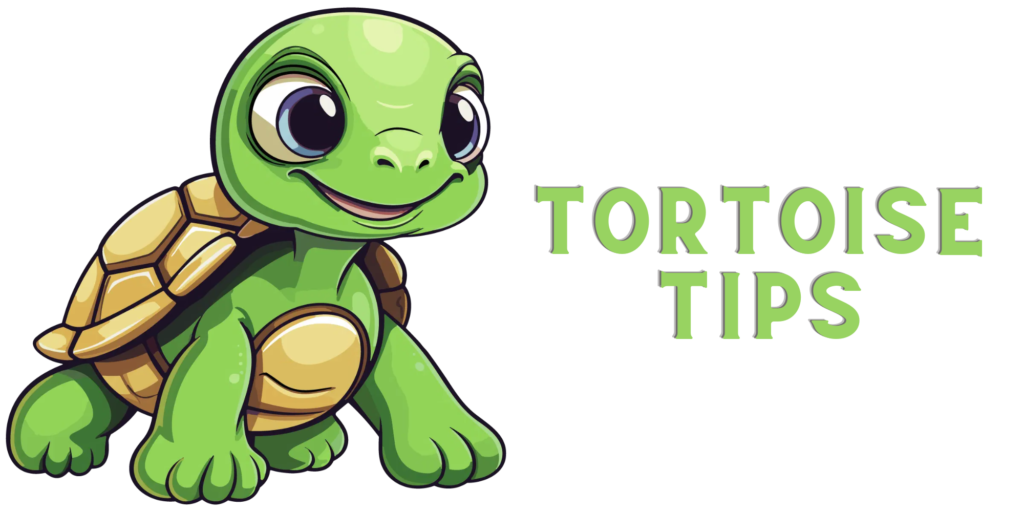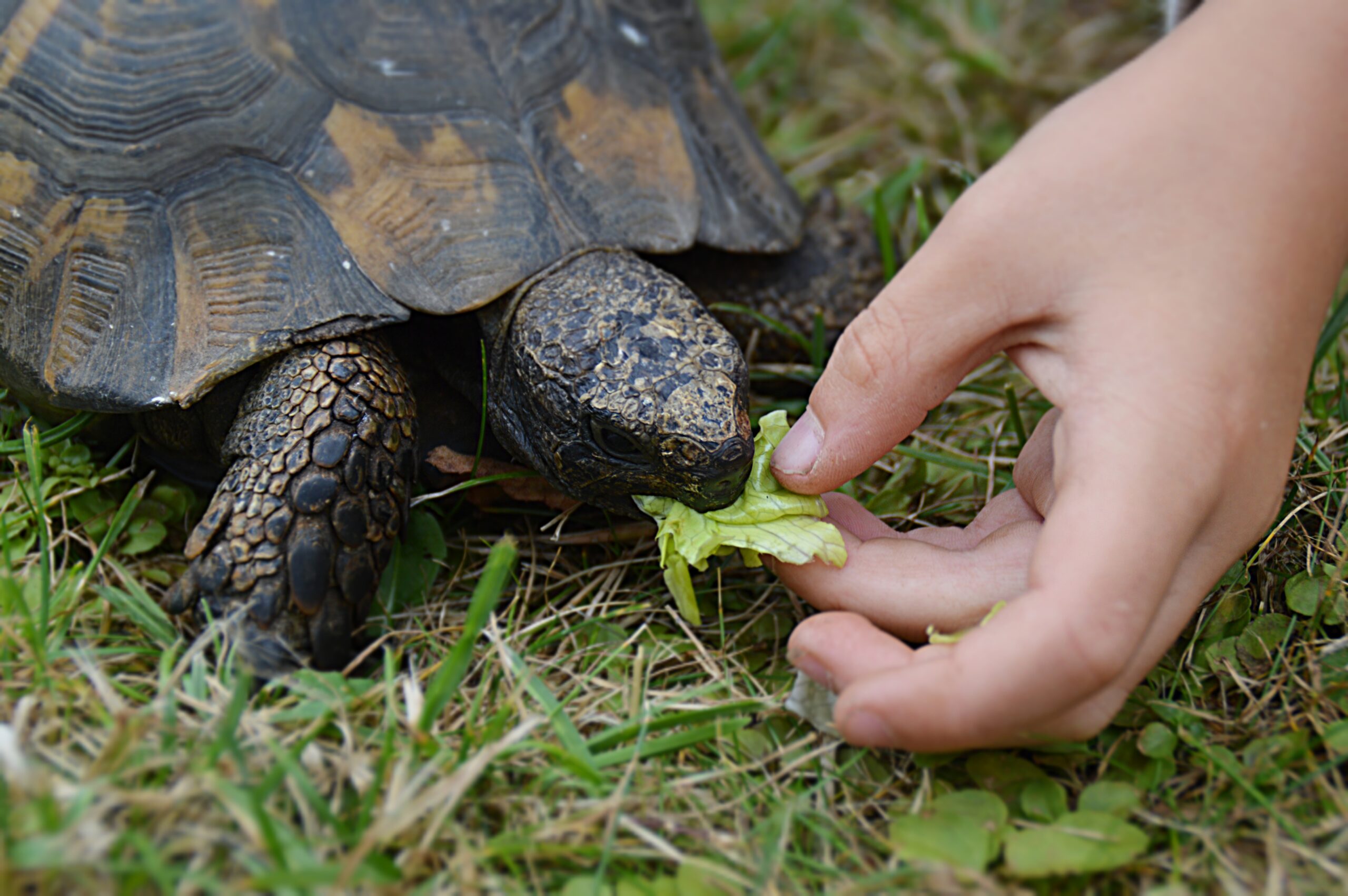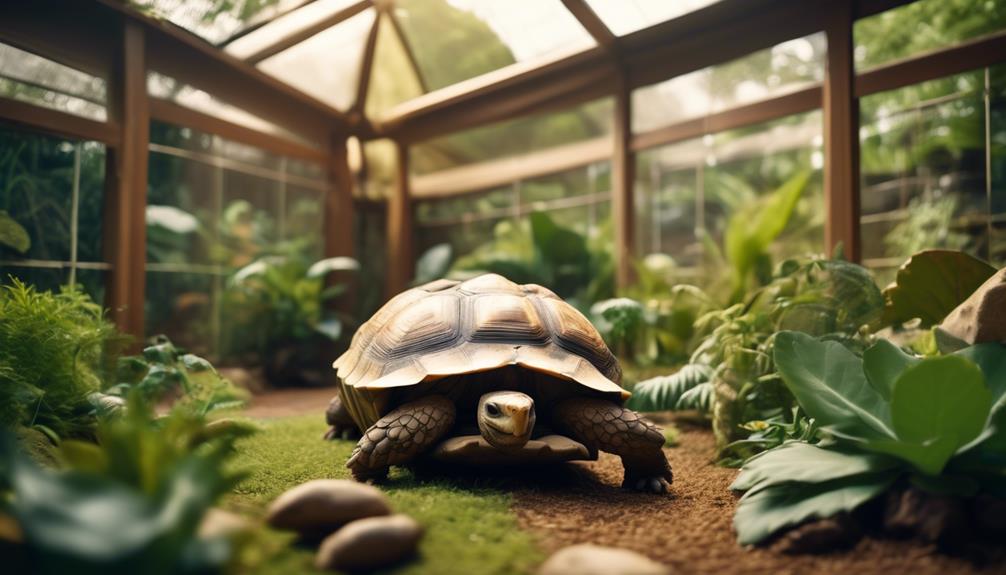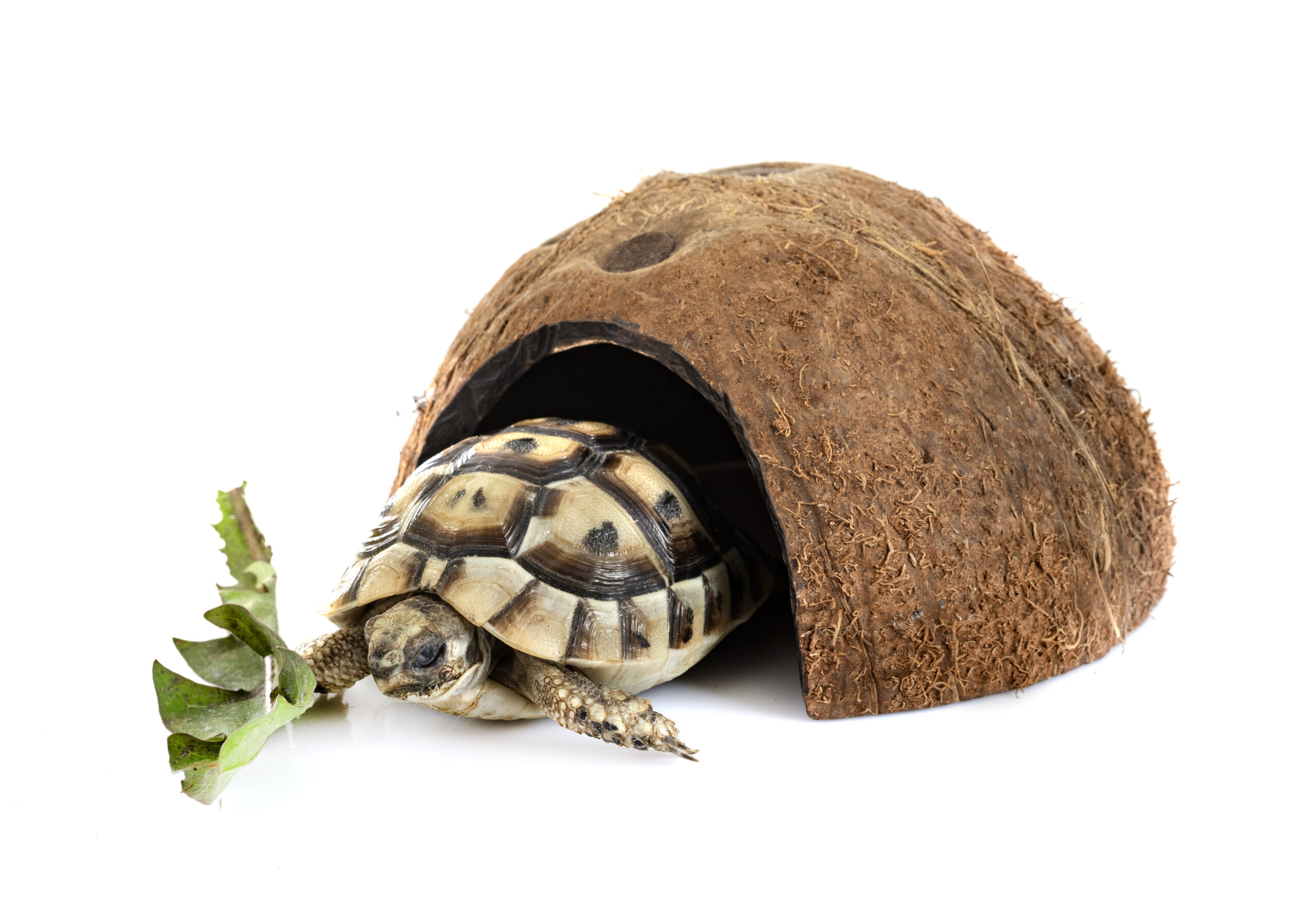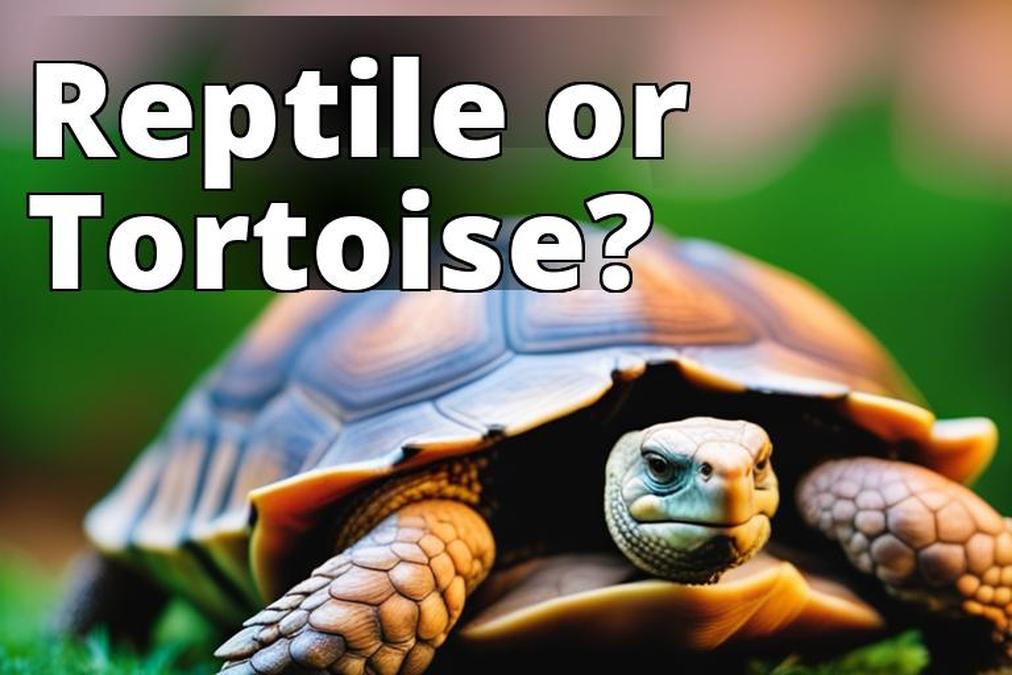As a devoted tortoise parent, you tenderly care for your little companion as if it were a precious treasure. You’re pondering, ‘Can a tortoise eat celery?’ You’ve hit the jackpot! This guide addresses all your concerns, debunking myths and revealing truths about tortoises and celery.
Let’s embark on this green journey together, ensuring your pet’s diet is as vibrant and healthy as they are.
What You Need to Know
Before you start feeding your tortoise celery, there are a few things you need to understand.
It’s essential to know the nutritional content of celery and the benefits it can bring to a tortoise’s diet.
But don’t forget, there are also considerations to keep in mind to ensure your tortoise’s health and well-being.
Celery Nutrition Facts
Understanding the nutritional value of celery can help you learn what benefits it can offer to your tortoise. Before you do so, it’s important to understand whether it’s also packed with essential nutrients. Let’s delve into some celery nutrition facts:
- Minerals: Celery contains key minerals like potassium, folate, and vitamin K. It’s also a source of fiber, which aids digestion.
- Potassium: Supports nerve and muscle cell function.
- Folate: Essential for the generation of new cells.
- Vitamin K: Crucial for blood clotting and bone health.
- Vitamins: Celery is rich in vitamins A, C, and K.
- Water Content: Celery is 95% water, making it hydrating.
Feed celery to your tortoise in moderation because it contains oxalic acid, even though it is nutritious.
Benefits of Celery in a Diet for Tortoises
You might be wondering, ‘Is celery good for my pet tortoise?’
Well, you’re in luck. Celery is good for tortoises because it has important nutrients like calcium, magnesium, phosphorus, selenium, and vitamin A.
1. Calcium
Celery has some calcium, but it’s not sufficient for your tortoise’s daily needs.Here’s what you need to know:
- Celery is safe for tortoises but shouldn’t be the primary source of calcium.
- Feed your tortoise a balanced diet incorporating other calcium-rich greens.
- Supplementing your tortoise’s needs with calcium powder is a good practice.
2. Magnesium
In the realm of dietary benefits for tortoises, don’t overlook the role of magnesium, a mineral found in celery that aids in the proper functioning of their bodily processes.
When you feed your tortoise celery, you’re providing this essential nutrient.
Celery is safe for tortoises in moderation, but it should not be their only food.
3. Phosphorus
When you’re weighing the advantages of celery for your tortoise’s diet, it’s crucial to acknowledge that it offers a modest dose of phosphorus, a crucial mineral that is essential for their overall well-being. This is why you can feed tortoises celery leaves.
- Phosphorus present in celery:
- Assists in energy production
- Plays a role in bone health
- Helps in digestion when tortoises eat celery.
A balanced diet ensures your tortoise feels part of your family.
4. Selenium
Consider the benefits of celery for your tortoise’s diet. Celery has selenium, a crucial nutrient that promotes good health for your pet. Feeding celery to your tortoise isn’t just safe, it’s beneficial! Here’s a quick snapshot:
| Benefits of Selenium | In Celery |
|---|---|
| Boosts immune system | Yes |
| Aids metabolism | Yes |
| Promotes growth | Yes |
| Improves fertility | Yes |
5. Vitamin A (beta-carotene)
Incorporating celery into your tortoise’s diet offers a key advantage – the presence of vitamin A, also referred to as beta-carotene.
- Celery is low in calories, making it a guilt-free snack for your pet.
- The nutrients in celery that are beneficial include vitamin A, essential for your tortoise’s vision and immune system.
- You can be confident that celery is completely safe for tortoises to consume. Don’t hesitate to include this irresistible crunchy treat in their dining experiences.
6. Vitamin B
Celery has vitamin A and several B vitamins that are important for your tortoise’s health. Whether you own a Sulcata tortoise or any other pet tortoise, incorporating celery leaves into their diet can be highly beneficial.
These nutrients play a key role in maintaining their health. Plus, celery is generally safe for your tortoise, making it a reliable food choice.
7. Vitamin K
Celery is a good source of vitamin K, which is an essential vitamin for tortoises.
- It’s safe to give celery to tortoises, including Sulcata tortoises, but moderation is key.
- Celery provides hydration and vitamins.
- Overconsumption may lead to health issues.
When you feed your tortoises with celery, it enriches their diet and contributes to their overall health. Always remember, tortoise care is a shared responsibility.
8. Fiber
In your tortoise’s diet, the fiber content of celery can play a crucial role in maintaining a healthy digestive system. While celery is low in calories, it should be given sparingly due to its high water content. Here’s how to prepare celery:
| How to Feed | Frequency |
|---|---|
| Chop finely | Occasionally |
| Mix with other veggies | Varied |
| Wash thoroughly | Always |
| Feed in moderation | Crucial |
| Avoid large chunks | Safety |
9. Hydration
You’ll regularly find that the high water content in celery plays a vital role in hydrating your tortoise. Celery can make for a refreshing snack, especially when soaked in hot water.
Consider these points:
- Celery’s diuretic properties help in flushing out toxins.
- Hydrating tortoises is crucial, and celery aids in this.
- Celery leaves contain essential nutrients, although moderation is key.
Things to Keep in Mind Before Feeding Celery to Tortoises
Before you start handing out celery snacks to your tortoise, there are a few key things you need to be aware of.
Watch out for the high oxalate content, which can lead to calcium deficiency.
Consider the low carbs and high sodium in celery, which may not be suitable for your tortoise’s diet.
a. Oxalates
Be cautious when including celery in your tortoise’s diet due to the potential risk of Oxalates. These compounds can interfere with the absorption of calcium.
- Remember:
- Tortoises can safely consume a small amount of celery.
- Too much celery can lead to health issues due to Oxalates.
- Celery isn’t toxic, but moderation and careful introduction are key, especially when considering celery seeds.
b. Low Carbohydrate Content
Although you can add celery to your tortoise’s diet, keep in mind that it contains a low amount of carbohydrates and should not be the main source of energy.As tortoise owners, you’re part of a community that understands tortoises require more nutrient-rich foods.
Although celery is a good addition, it’s safe for tortoises to consume in moderation. Your pet’s health is our shared concern.
c. High Sodium Content
In spite of celery’s hydrating properties, you need to be cautious due to its high sodium content which could pose a risk to your tortoise’s health. So, can a tortoise eat celery?
- Yes, but feed celery sparingly due to high sodium content.
- Remember, celery doesn’t harm if given in moderation.
- It’s safe to eat, but too much sodium can be problematic.
Can Tortoises Eat Celery Seeds
Though you might think it’s fine to feed your tortoise celery seeds, it’s essential to understand their potential diuretic effects that could lead to dehydration. Like celery, celery seeds can be part of the food for tortoises, but should be given sparingly and monitored closely.
| Fact | Detail |
|---|---|
| Can a tortoise eat celery seeds? | Yes, but in moderation. |
| Diuretic effects | Can lead to dehydration. |
| Nutritional value | High in antioxidants but not a primary food source. |
| Tortoises enjoy | Variety in their diet, celery seeds can be part of this. |
| Frequency | Infrequent, included as part of a balanced diet. |
How Often Can You Let Your Tortoise Eat Celery
You can let your tortoise eat celery, but it’s best to keep it to once or twice a week to maintain a balanced diet.
To ensure your pet’s health, consider the following:
- Can a tortoise eat celery? Yes, but not all types of tortoises should eat celery frequently due to its high oxalic acid content.
- How often can you let your tortoise eat celery? As part of a varied diet, celery can be a healthy occasional treat.
- What else should tortoises eat? Tortoises should also enjoy a variety of leafy greens, vegetables, and some fruits.
Can Baby Tortoises Eat Celery
Despite the common belief, baby tortoises can’t munch on celery right out of the gate due to their delicate digestive systems. Although celery seems like a harmless snack, it can be quite challenging for small tortoises to digest. So if you’ve been wondering if tortoises like celery, remember that celery can be too fibrous for their tiny systems.
Before you introduce celery, it’s best to wait until they’re a bit older and their digestive system has developed. When the time comes, use a utensil to squish the celery, particularly the stalks of celery, into a pulp. This makes it easier for them to eat and digest. By doing so, you’re ensuring that your tiny tortoise friend safely enjoys its snack time.
Can Tortoises Eat Celery Sticks?
In your quest for the perfect tortoise diet, you’ve likely come across celery sticks. Remember that although one or two of these won’t harm your tortoise, they should not make up the majority of its diet.Here’s why:
- Oxalates: Celery, like many vegetables, contains Oxalates which can interfere with your tortoise’s calcium absorption. This isn’t ideal, especially for species of tortoise that need high calcium levels.
- Nutrient Balance: Tortoises also eat a variety of other foods. They might enjoy iceberg lettuce or other leafy greens more than vegetables like celery.
- Taste and Texture: Some tortoises mightn’t like the strong taste and fibrous texture of celery sticks.
How to Feed Celery to Tortoises
When feeding a tortoise celery, it’s crucial to limit the amount to small, occasional portions. Remember, celery can’t be a staple in their diet due to its high oxalic acid content. Small tortoises may struggle with the fibrous nature of celery, so chopping it into manageable pieces is a must.
To make it more appealing, mix the celery with other leafy greens they enjoy. It’s a fun way to bring a variety into their diet. Tortoises shouldn’t be fed celery frequently due to its sodium content, which can lead to dehydration.
Knowing how to feed celery to tortoises is part of owning these wonderful creatures. Be sure to always balance their diet to keep them healthy and happy.
Can Tortoises Eat Iceberg Lettuce?
You might be wondering if a tortoise can eat iceberg lettuce, just like they can eat celery. The answer isn’t quite as straightforward. While iceberg lettuce isn’t toxic to tortoises, it’s not the best choice for their diet. Here’s why:
- Nutritional Content: Iceberg lettuce, unlike celery, offers little nutritional value. It’s mostly water and lacks the essential vitamins and minerals tortoises need.
- Different species: Different species of tortoise, like the sulcata or the Russian tortoise, have varied dietary needs. While Russian tortoises can eat celery, iceberg lettuce mightn’t meet their nutritional requirements.
- Better alternatives: There are healthier options out there – dark leafy greens such as kale or spinach are excellent choices.
Different Species of Tortoise and Celery
You might wonder if all tortoises can eat celery. Well, the answer varies depending on the species.
Let’s explore the dietary needs and preferences of Sulcata, Russian, Desert, and Red-Foot tortoises when it comes to celery.
1. Can Sulcata Tortoises Eat Celery
Let’s dive into the Sulcata tortoise’s diet and figure out if it’s safe for this species to munch on celery. Sulcata tortoises, also known as African Spurred tortoises, are grazing tortoises. They thrive on a diet rich in grasses and hay.
Now, can Sulcata tortoises eat celery? Technically, yes, but it’s not the best option for them. Here’s why:
- Celery has a high water content, which isn’t ideal since celery can cause loose stools in tortoises.
- Celery is low in fiber compared to the tortoise pellets and hay they’re used to.
- Celery contains oxalates which can lead to kidney problems.
2. Can Russian Tortoises Eat Celery
After learning about Sulcata tortoises and celery, it’s now time to turn your attention to Russian tortoises, and whether they can safely consume celery. Unlike other species, Russian tortoises can have celery, but only in moderation. Although celery doesn’t have the ideal calcium-to-phosphorus ratio, it won’t harm your pet if served occasionally.
Here’s a simple table to illustrate:
| Russian Tortoise | Celery | Frequency |
|---|---|---|
| Yes | Yes | Moderate |
Remember, before feeding, squish the celery to reduce choking hazards. And always keep in mind the basic text terms and extended text terms of a balanced diet for your tortoise.
You’re part of a community of responsible Russian tortoise owners, making informed choices for their pets’ health.
3. Can Desert Tortoises Eat Celery
When it comes to desert tortoises, you’ll find that they can’t really eat celery due to its high oxalate content, which binds calcium and leads to potential health issues. They’re different from other species in this regard. While celery is a popular food choice for some tortoises, the high oxalate content can affect desert tortoises negatively.
To help you understand the differences better, consider the following:
- Description terms: Celery, a crunchy, watery vegetable, may seem harmless but it has a high oxalate content that can bind calcium and affect tortoises, especially desert tortoises.
- Species variation: Different species of tortoises have varying dietary needs and tolerance levels. Can a tortoise eat celery? Yes, but desert tortoises are an exception.
- Health considerations: The oxalates in celery can lead to potential health issues in desert tortoises, including kidney stones and calcium deficiency.
4. Can Red-Foot Tortoises Eat Celery
You might wonder if red-foot tortoises can eat celery, and the answer is yes, but it’s important to moderate their intake. Like Hermann tortoises, red-foot tortoises are omnivores, meaning they can eat both plants and meat. However, their diet should mainly consist of leafy greens, fruits, and vegetables. Celery can be part of this diet but should not form the bulk of it. Here’s a brief breakdown:
| Tortoise Species | Can they eat celery? |
|---|---|
| Red-Foot | Yes, in moderation |
| Hermann | Yes, in moderation |
| Sulcata | Not recommended |
| Russian | Yes, in moderation |
FAQs
In the midst of your quest to understand the relationship between tortoises and celery, you may have stumbled upon several questions, so let’s dive right into the most frequently asked ones.
- Is celery safe for tortoises?
- Yes, but in moderation. It’s rich in fiber and water but low in vital nutrients like calcium.
- How often can tortoises eat celery?
- It’s best to feed them celery sparingly, perhaps once a week. Remember, variety is key in a tortoise’s diet.
- Does the type of tortoise matter?
- Absolutely. Different species have different dietary needs. Consult your vet for the best diet plan for your specific tortoise.
Conclusion
After all that’s been discussed, it’s clear that you can indeed feed celery to your tortoise, but it’s crucial to do so in moderation. It’s all about balance. Just as you wouldn’t want to eat the same thing every day, neither does your tortoise.
Variety is a key aspect of their diet. It’s important to remember that while celery can be a part of your tortoise’s diet, it shouldn’t be the only thing they eat. Make sure to pair it with other nutritious foods to ensure a balanced diet.
Always keep an eye on your tortoise’s reaction when introducing a new food. If you notice any negative reactions, stop feeding it immediately.
You’re not alone in this journey of caring for your tortoise. We’re all in this together.
About Me
Let’s switch gears a bit and allow me to introduce myself as the author of this article, an experienced herpetologist with a deep love for tortoises. I spend my days studying and interacting with these fascinating creatures, gathering knowledge to share with enthusiasts like you.
Here’s a bit about me:
- Background:
- A degree in herpetology, specializing in tortoises
- Over a decade of experience in the field
- Passion:
- Deep love for tortoises, which led me to this career
- Advocate for responsible pet ownership and tortoise conservation
- Purpose:
- To share my knowledge, helping you provide the best care for your tortoise
- To foster a community of tortoise lovers who support and learn from each other
Welcome to our tortoise-loving family! Together, we can make a difference in these creatures’ lives.
Conclusion
So, can tortoises eat celery? Absolutely! But remember, moderation is key. Too much celery can lead to health issues.
Interestingly, celery makes up only about 10% of a tortoise’s diet in the wild. So, it’s a good idea to mirror this in their domestic diet. Make sure to mix it up with other tortoise-friendly foods to ensure they’re getting a balanced diet.
After all, a happy tortoise is a healthy tortoise!
